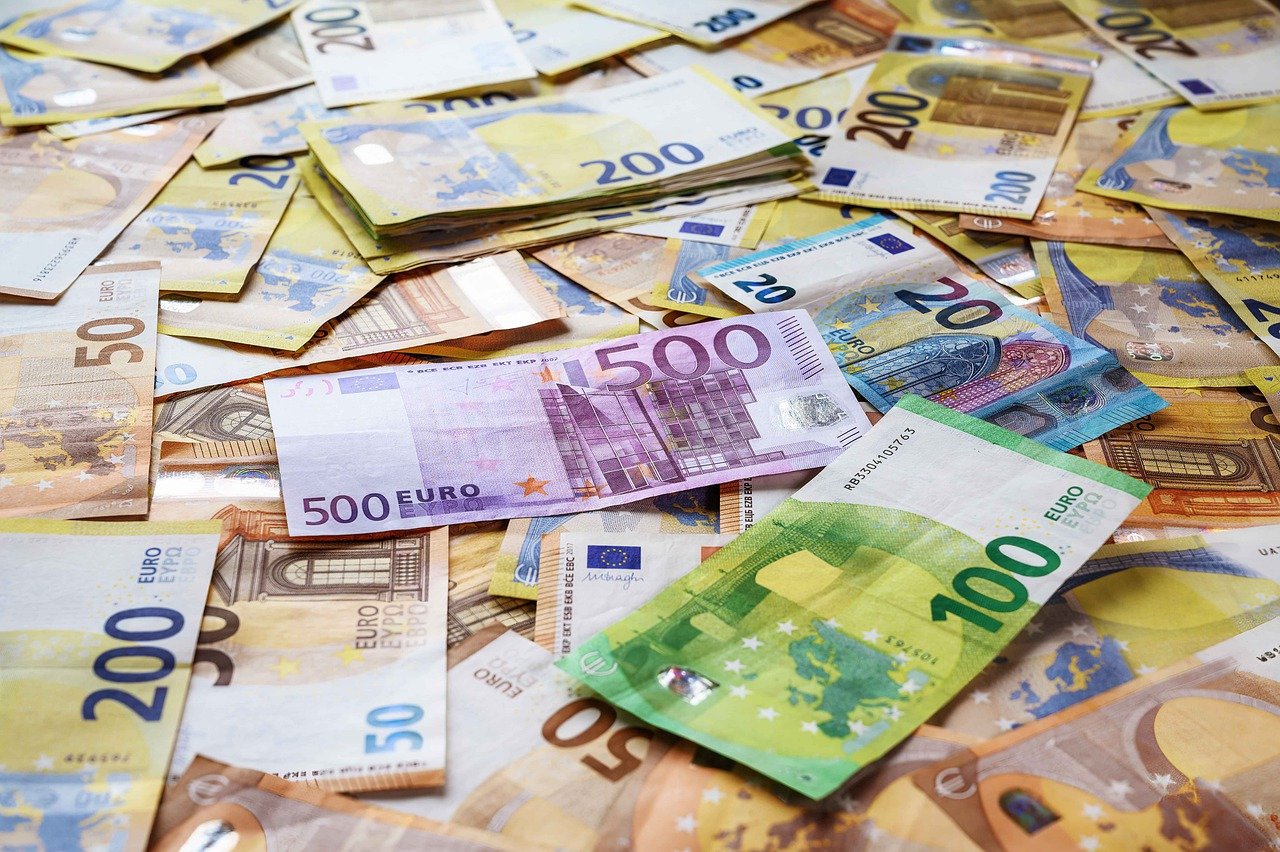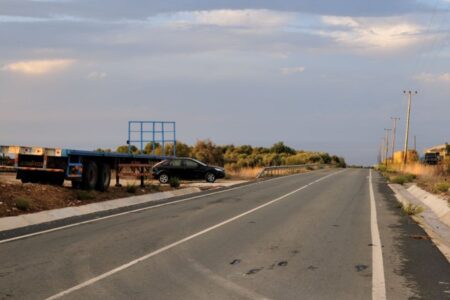Contents
- 1 The History of Currency in Cyprus
- 2 The Euro as the Primary Currency
- 3 Currency in Northern Cyprus
- 4 Currency Exchange in Cyprus
- 5 Using Cards and ATMs
- 6 Mobile Payments
- 7 Prices for Common Goods and Services
- 8 Local Customs and Traditions Related to Money
- 9 Safety Tips for Financial Transactions
- 10 Common Mistakes Made by Tourists
- 11 Additional Banking Services
- 12 Public Holidays and Their Impact on Financial Institutions
The History of Currency in Cyprus
Cyprus, as a crossroads of civilizations, boasts a rich history reflected in its currency. From ancient times, the island has used various coins, including antique, Byzantine, and Ottoman ones. With the advent of British rule in the late 19th century, the Cypriot pound was introduced and remained in circulation for over 100 years.
Cyprus’s accession to the European Union in 2004 marked a turning point. After years of preparation, the euro officially replaced the Cypriot pound on January 1, 2008. This transition strengthened the country’s economy and facilitated international financial operations.
The Euro as the Primary Currency
The euro (€) is the official currency of the Republic of Cyprus. Its use simplifies transactions for travelers from the Eurozone and reduces exchange rate risks for local businesses and foreign investors.
All prices for goods and services are quoted in euros. Banking transactions, loans, and real estate rentals are conducted in this currency, ensuring transparency and financial system stability.
Currency in Northern Cyprus
The northern part of the island is governed by the self-declared Turkish Republic of Northern Cyprus. The official currency here is the Turkish lira (TRY). However, euros and US dollars are widely accepted, especially in tourist areas.
Prices for goods and services in Northern Cyprus are often lower than in the south, attracting many tourists. However, exchange rates can be less favorable, so exchanging some money for Turkish lira in advance is recommended.
Currency Exchange in Cyprus
Official Institutions
Currency exchange should be carried out at official institutions such as banks, licensed exchange offices, or major hotels. This ensures transaction transparency and fair exchange rates. Banks operate from Monday to Friday, typically from 8:30 AM to 1:30 PM, with some offering afternoon hours.
Online Currency Exchange
Modern technologies allow for online currency exchange. Some banks and financial services offer online exchange options with cash pickup at ATMs in Cyprus. This is convenient and often cost-effective due to lower fees compared to exchange offices.
Precautionary Measures
Avoid exchanging currency with private individuals or at unofficial points. The risk of fraud or receiving counterfeit money is high. Always check the exchange office’s license and confirm the final amount you will receive.
Using Cards and ATMs
International Cards
Credit and debit cards from international payment systems (Visa, Mastercard) are widely accepted. Hotels, restaurants, supermarkets, and even some taxis take cards. However, small shops and rural areas may only accept cash.

ATMs
ATMs are located in all cities and tourist centers. Many offer multilingual menus, including English. When using ATMs, consider the following:
- Potential fees for cash withdrawals.
- Daily transaction limits.
- The safety of the ATM’s location.
Mobile Payments
Mobile payment systems like Apple Pay, Google Pay, and others are increasingly popular. Many banks and merchants support these services, offering a convenient way to pay without carrying cash or cards.
Prices for Common Goods and Services
Knowing approximate prices can help you plan your budget. Here are some typical costs:
- A cup of coffee at a café: €2–€4.
- Lunch at an inexpensive restaurant: €10–€15.
- Public transport ticket: €1.5.
- A liter of gasoline: €1.3–€1.5.
- A 0.5-liter bottle of water: €0.5–€1.
Prices vary by region and season. Tourist areas tend to have higher prices than less popular locations.
Local Customs and Traditions Related to Money
Cypriots are known for their hospitality and respect for traditions. Keep in mind:
- Tipping: While not mandatory, leaving a 5–10% tip is appreciated.
- Market Haggling: Bargaining is customary in local markets and can save you money.
- Small Change: Small shops often lack coins, so carrying smaller denominations is helpful.
Safety Tips for Financial Transactions
- Check Bills: Always verify bills in restaurants and hotels for extra charges.
- Card Security: Keep your card in sight during payments. Use contactless payment methods when possible.
- Protect Personal Data: Never share PINs or personal information with strangers.
Common Mistakes Made by Tourists
- Unprepared for Currency Exchange: Many tourists rely on airport currency exchanges, where rates are less favorable.
- No Cash on Hand: Some places don’t accept cards, so carrying cash is advisable.
- Ignoring Fees: Failing to check withdrawal or exchange fees can lead to overspending.
Additional Banking Services
Many banks in Cyprus offer services beneficial to tourists:
- Safety Deposit Boxes: Ideal for storing large sums or valuables.
- Consultations: Bank staff can assist with exchange rates and financial operations.
Public Holidays and Their Impact on Financial Institutions
During national holidays, many institutions, including banks and exchange offices, may close or operate on reduced hours. Key holidays include:
- Cyprus Independence Day: October 1.
- Christmas: December 25–26.
- New Year’s Day: January 1.
Plan your financial transactions around these dates.
Traveling to Cyprus can be an unforgettable experience, especially if you are well-prepared financially. Understanding the currency, exchange process, and local customs will help you avoid unpleasant surprises. Follow our advice, and your stay on the island will be as comfortable and safe as possible.
















